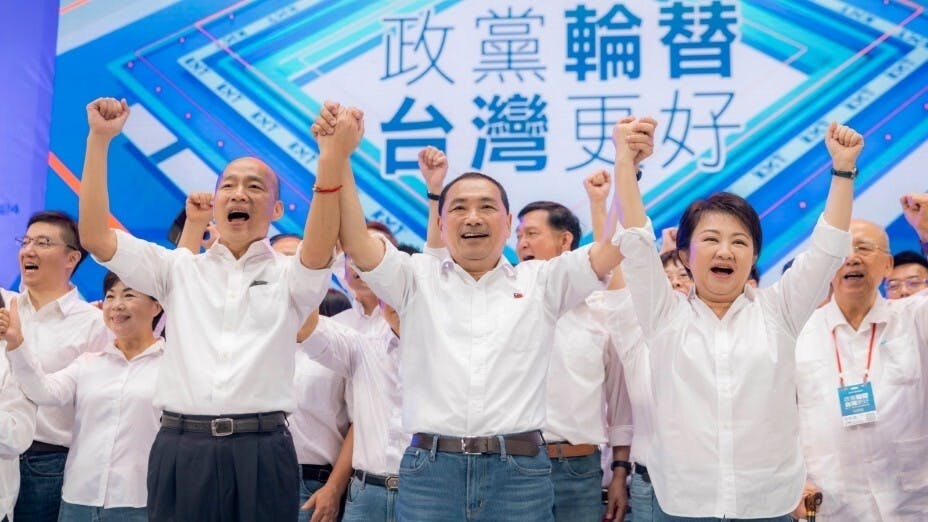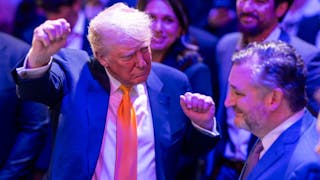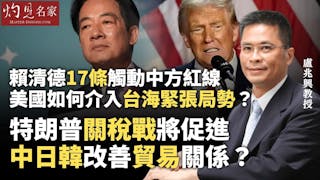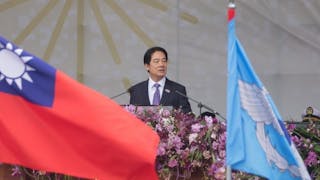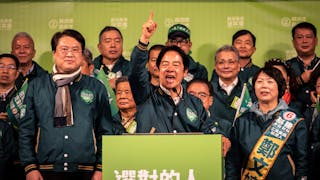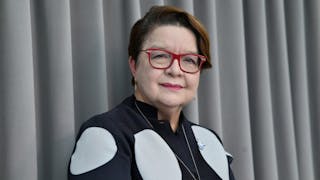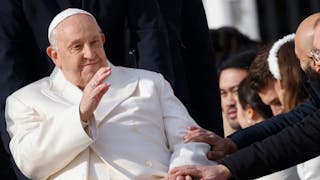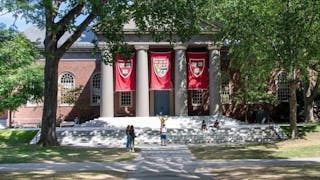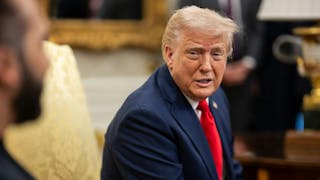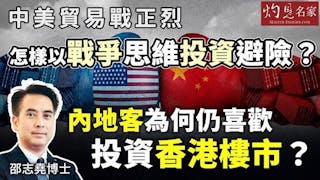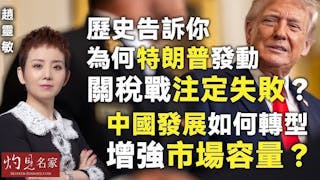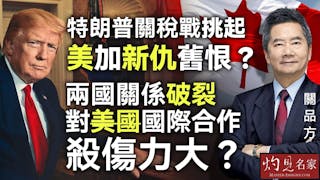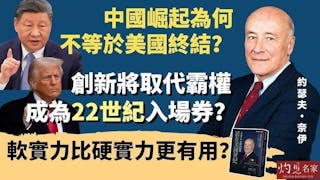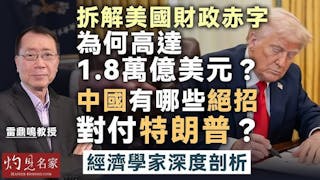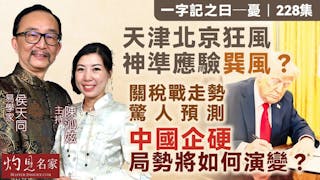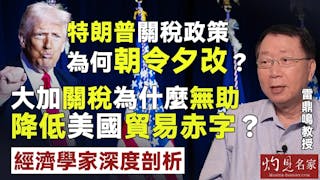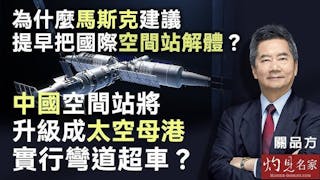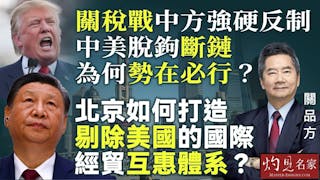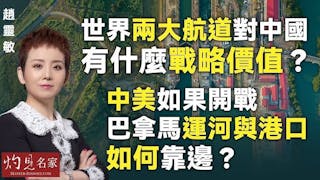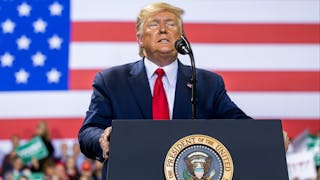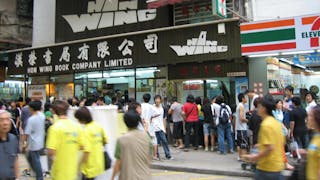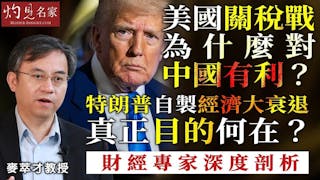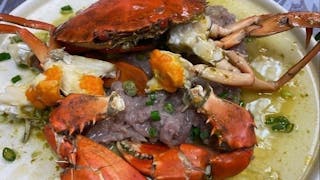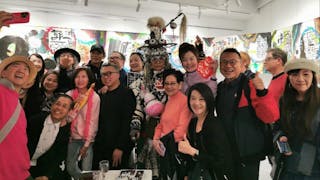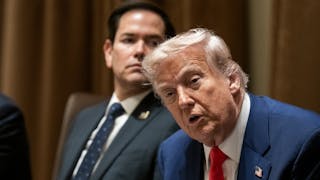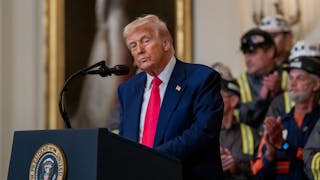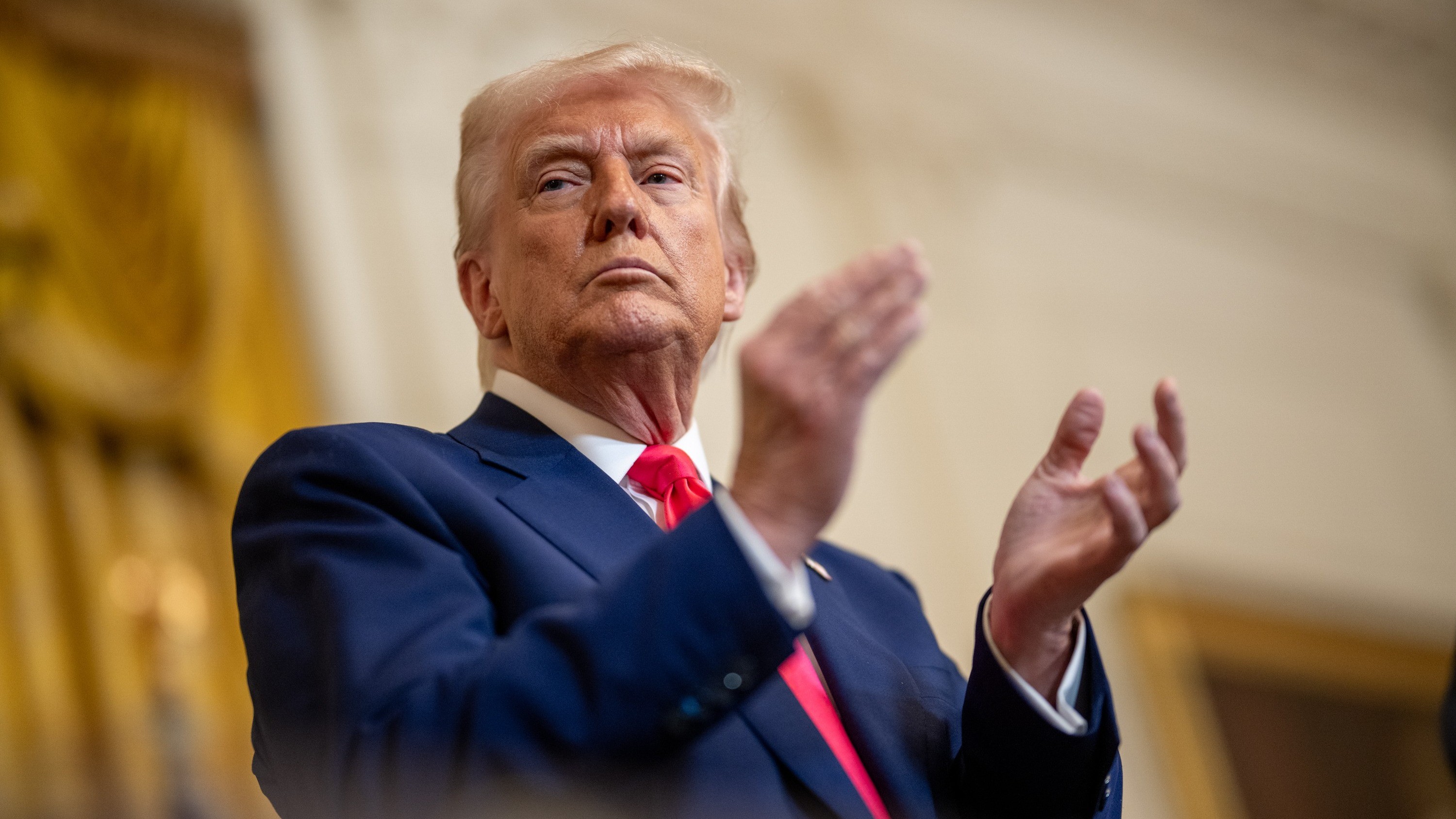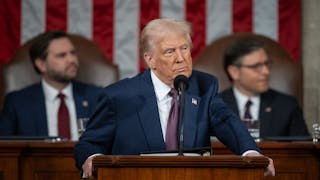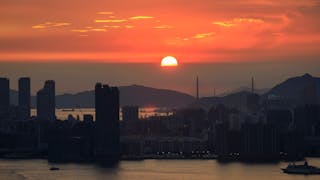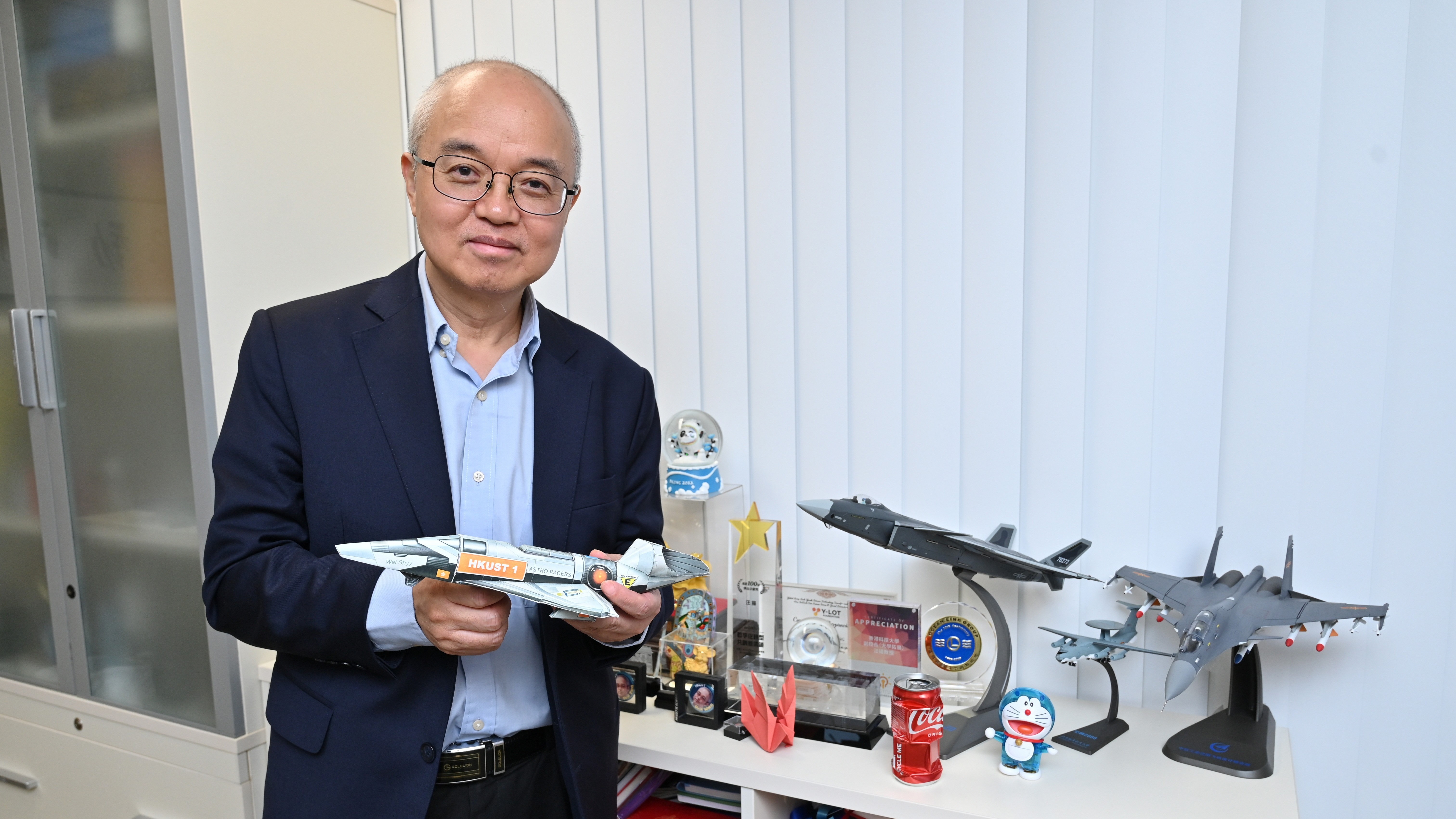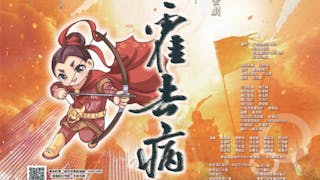侯友宜獲國民黨正式提名為2024年1月台灣總統選舉的參選人之後不久,就不斷表述自己的政見,目的就是為了提高自己的人氣,追趕另外兩名候選人,即民進黨的賴清德和台灣民眾黨的柯文哲。
侯友宜於7月23日獲得國民黨全代會正式提名。然而,當天,未被國民黨提名的鴻海集團創辦人郭台銘聲稱,他會給台灣選舉與政治帶來新的風格,暗示他會考慮以獨立候選人身份參選。因此,郭台銘是否會參選還有待觀察,如果他稍後參選,郭台銘可能會獲得侯友宜的一些支持,從而削弱侯友宜的當選機會。
郭台銘最近拜訪了一些國民黨地方政界人士,為他可能的參選爭取政治支持。不過,如果國民黨領導層能夠與郭台銘達成妥協,讓侯友宜與賴清德、柯文哲競爭,國民黨的團結無疑會提高其唯一候選人侯友宜的成功機會。
朱立倫欲團結非綠力量
有趣的是,7月23日,國民黨主席朱立倫提到要團結「非綠」的政治力量,組成聯盟,暗示有可能試圖與民眾黨柯文哲達成共識。最近,侯友宜和柯文哲在公開場合會面並握手──這是一個正面的跡象,表明藍(國民黨)和白(民眾黨)不排除進一步討論甚至合作的可能性。
不管這樣的「非綠聯盟」是否可行,侯友宜為了在民調中追趕賴清德和柯文哲,已經暴露了自己的政治觀點。
在國民黨正式認可侯友宜為黨候選人之前,他在候選人排名第三位,僅次於民調中領先的賴清德和第二位的柯文哲。
然而,最近的民調顯示,侯友宜成功地縮小了與柯文哲的差距──這是一個好現象,表明前景光明,特別是在侯友宜和他的支持者在餘下5個月緊張的競選活動中需要進一步努力。
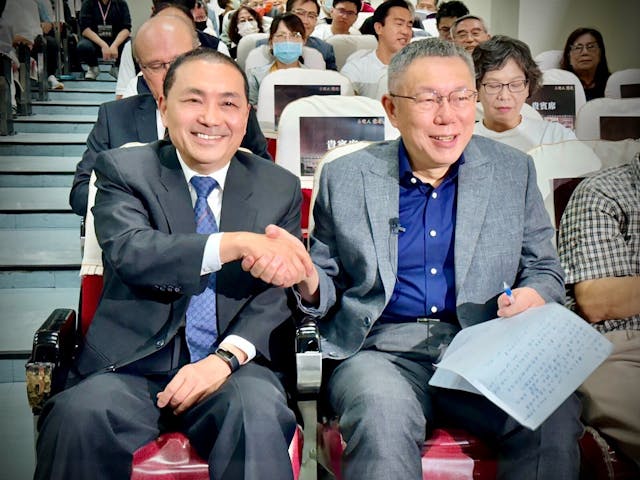
在7月23日侯友宜獲得提名之前,他曾表示支持國民黨政府與大陸之間的服務貿易協議。但據侯友宜說,這一協議當時被民進黨和柯文哲阻止。侯友宜主張立法院應通過《兩岸監督條例》,以鞏固台灣與大陸之間的服務貿易協定的基礎。因此,在兩岸貿易關係上,侯友宜顯然採取了與國民黨前主席馬英九相同的立場。
7月4日,侯友宜表示將延續國民黨與大陸互動、維護和平的務實政策,並抨擊民進黨為了選舉「亂開政治支票」的。侯友宜聲稱,如果當選下一任總統,他將成立「特別偵查組」,將民進黨過去8年來的貪污舞弊,一件一件查清楚。
在防務方面,侯友宜強調一定會加強國防戰備,維護自我防禦能力,保護台灣的民主和平與永久繁榮。
侯友宜批評民進黨把核能政治化,至今不但讓台灣時時面臨缺電危機,並因電費上漲而讓民眾受苦。侯友宜呼籲有必要將徵兵期從一年改回四個月──這個政綱說出了許多不想服一年義務兵役的年輕人的心聲。
侯友宜呼籲 接受九二共識
侯友宜呼籲台灣民眾接受「九二共識」──根據一些傳媒的民意調查,這個政綱吸引了相當多台灣民眾的支持,他們不想看到台灣與大陸之間發生任何軍事衝突或戰爭。
有趣的是,侯友宜呼籲將一年義務兵役制改回4個月,立即引起了一些強硬派的反應。台灣外交部長吳釗燮立即批評侯友宜無視外部軍事威脅。此外,美國國防部前部長埃斯珀批評侯友宜「向美國和全世界的台灣支持者發出錯誤信號」(《自由時報》,7月17日)。
7月24日至25日,台灣電子新聞傳媒進行民意調查,賴清德獲得35%的支持率,柯文哲獲得24%的支持率,侯友宜獲得19.9%的支持率。客觀地說,媒體進行的民意調查都是基於方便的樣本,且僅限於讀者,因此不可避免地存在一定程度的「樣本偏差」。投票結果僅供參考。 因此,美麗島的民意調查顯示,在侯友宜被提名為總統參選人的當天和之後,就落後於賴清德和柯文哲。
侯友宜訪問日本的第二天,就接受日本傳媒採訪,強調「九二共識」的重要性,該共識符合《中華民國憲法》(《自由時報》,8月1日)。 侯友宜又說,如果他當選總統,他將堅持民主自由制度及台灣參與國際舞台。 他強調,將依循馬英九「不統、不獨、不武」路線,回到國民黨執政時兩岸穩定的狀態。
7月31日,侯友宜赴日本進行為期三天的訪問,進一步闡述了自己的政治觀點。出訪第一天,侯友宜表示,台灣與日本在地理、歷史、文化長遠的密切關係。因此,他希望雙方維持更緊密、更友好的關係。最重要的是,侯友宜呼籲台灣和日本一起建構「自由與開放印太關係」,在台日對話的基礎上,促進印太地區的安全與穩定。
顯然,侯友宜在日本接受採訪時向台灣選民發表講話,強調國民黨對大陸政策的連續性。
像一位「淺綠」政客一樣說話
侯友宜接受採訪的有趣之處,在於他一度像一位「淺綠」政客一樣說話,稱台灣有本身的「主權」,他將爭取台灣參與國際民航組織(《自由時報》,8月1日 )。侯友宜甚至聲稱大陸和台灣雙方「互不承認主權、互不否認治權」(自由時報,8月1日),台灣的未來應由2300萬人決定。再次,顯然侯友宜在日本接受採訪時是在向台灣選民發表講話。他將自己的一些政治觀點描繪成「淺綠」,這樣民進黨的一些溫和支持者或會在2024年1月投票給他。
關於台美關係,侯友宜闡述了雙方應深化合作,美國應支持台灣加入《跨太平洋夥伴全面進步協定》( CPTPP )等印太經濟框架。侯友宜指出,最重要的是,美國應該支持台海穩定。
侯友宜還表示,在兩岸處於「戰爭危機」的現狀下,台灣參與「民主協商」並不實際。(《自由時報》,8月2日)。 他公開拒絕用「一國兩制」來看待台灣的政治前途,但同時批評民進黨蔡英文將「九二共識」歪曲為「一國兩制」。
侯友宜強調「九二共識」的可接受性,固然符合大陸的底線,但他策略上反對用「一國兩制」來解決台灣的未來,是一個明智之舉,吸引了人們的注意。得到了很多台灣選民的支持。 然而,他批評民進黨蔡英文將「九二共識」等同於一國兩制,這也是一把雙刃劍。
客觀地說,侯友宜和他的智囊明智地採取了能夠而且將會贏得許多台灣選民支持的政治立場。
當日本傳媒問侯友宜認為自己是台灣人還是中國人時,他回應說,他認為自己是中華民國公民。
再一次,侯友宜的政治立場強調他的中華民國身份,明顯地在訪日期間直接向台灣選民講話。
總之,國民黨候選人侯友宜以台灣方式巧妙地形塑了自己的政治觀點,他將會獲得更多台灣選民的支持。他正在縮小與柯文哲的受歡迎程度差距,如果保持這種勢頭,未來幾個月他的受歡迎程度甚至會超過柯文哲也就不足為奇了。如果侯的支持率能夠提高,那麼朱立倫和國民黨領導人很可能會啟動與柯文哲就組成「非綠政治聯盟」進行談判的進程。當然,對於選舉政治來說,5個月是一段漫長的日子。侯友宜將如何趕上甚至超越柯文哲與賴清德,仍有待觀察,但現在有一點是確定的:與賴清德、柯文哲相比,侯友宜一直在將自己塑造成一個強有力的、能當選的候選人,他的政治綱領也已通過微妙的方式重塑,以爭取中間以至「淺綠」政治光譜的選民支持。
An Analysis of KMT Hou You-yi’s Political Views
Shortly after Hou You-yi was formally nominated by the Kuomintang (KMT) as the party’s candidate in the January 2024 presidential election in Taiwan, he has been revealing his political views, which are designed in such a way as to enhance his popularity and catch up the other two candidates, namely William Lai of the Democratic Progressive Party (DPP) and Ko Wen-je of the Taiwan People’s Party.
Hou was formally nominated by the KMT general meeting on July 23. However, on the same day, business magnate Terry Guo, who was not nominated by the KMT, claimed that he would bring a fresh atmosphere to the Taiwan political environment, implying that he would consider running as an independent candidate. As such, it remains to be seen whether Terry Guo would run, and if he does so later, Guo would likely grasp some support from Hou, thereby undermining Hou’s chance of being elected.
Guo has recently visited some local KMT politicians, drummingup political support for his possible electoral participation. Nevertheless, if the KMT leadership can reach a compromise with Guo and let Hou compete with Lai and Ko, the KMT unity would definitely improve its sole candidate Hou’s chance of success.
What was interesting on July 23 was that KMT chairperson Eric Chu mentioned the need to unite the non-green forces and to form a coalition, implying the possibility of trying to reach a consensus with Ko Wen-je of the People’s Party (PP). Recently,Hou and Ke met and shook hands in public – a positive sign that the blue (KMT) and white (PP) would not exclude thepossibility of further discussion and perhaps collaboration.
Regardless of whether such a non-green coalition would be a realistic possibility, Hou has already revealed his political views for the sake of chasing William Lai and Ko Wen-je in public opinion polls.
Prior to the KMT’s formal endorsement of Hou as its party candidate, Hou came as the third popular candidate trailing behind the most popular Lai and the second popular Ko.
However, the most recent poll has shown that Hou has succeeded in narrowing the gap with Ko – a positive sign pointing to a promising prospect, especially as there are five months of intense campaign for Hou and his supporters to work hard further.
Before Hou was nominated on July 23, he had expressed his support of the previous trade service agreement between the KMT government and mainland China. But such agreement, according to Hou, was stopped by the DPP and Ko Wen-je at that time. Hou advocated that the supervision legislation on the cross-strait interactions should be passed by the Legislative Assembly so that the foundation of such trade service agreement between Taiwan and mainland China would be entrenched. Hence, in terms of cross-strait trade relations, Hou obviously adopts the same approach as with the former KMT president Ma Ying-jeou.
On July 4, Hou remarked that he would continue the KMT’s pragmatic policy of interacting with mainland China, defending peace, and he attacked the DPP’s attempts at “writing political cheques chaotically.” Hou asserted that he would, if elected as the next Taiwan president, form a special investigation group to investigate the DPP’s Pandora’s box and secrets in the past eight years.
On national defence, Hou asserted that it must be strengthened to deter other places from invading Taiwan, and to protect Taiwan’s democracy and peace and permanent prosperity.
Hou criticized the DPP for failing to “de-nuclearize” the Taiwan garden and for making the people suffer through the hike in electricity fees. Hou calls for the need to change the military conscription from one year back to four months – a platform that appeals to the hearts and minds of many young people who do not want to participate in compulsory military conscription for one year.
Hou calls for the people of Taiwan to accept the 1992 consensus – another platform which, according to some media polls, attract the support of quite a lot of Taiwan people who do not want to witness any military conflicts or war between Taiwan and the mainland.
Interestingly, Hou’s appeal to change one-year military conscription back to four months provoked immediate reactions from some hardliners. Taiwan foreign minister Joseph Wu immediately criticized Hou for ignoring the external military threat. Furthermore, the former US defence secretary Mark Esper criticized Hou for “sending a wrong signal to the US and the world supporters of Taiwan (Liberty Times, July 17, 2023).”
On July 24 and 25, an electronic news media, namely Formosa Island, conducted a poll that showed William Lai gained 35 percent support, Ke 24 percent and Hou 19.9 percent. Objectively speaking, all the polls conducted by the media were based on convenient samples and restricted to their readers, and therefore some degree of “sample bias” was inevitable. The poll results can be taken as a reference only. As such, the Formosa Island poll showed Hou trailed behind Lai and Ke just immediately on and after the day during which Hou was nominated as the presidential candidate.
On July 31, Hou went to Japan for a three-day visit during which he further unveiled his political views. On the first day of his visit, Hou remarked that Japan and Taiwan share special friendship through their geography, culture, and history. Therefore, he hoped that both sides would deepen their friendship. Most importantly, Hou called for the need for Taiwan and Japan to construct an open and liberal Indo-Pacific relationship, making the dialogue between Taiwan and Japan contribute to the security and stability of the Indo-Pacific region.
On the second day of Hou’s visit to Japan, he was interviewed by the Japanese media, emphasizing the importance of the 1992 consensus that is in conformity with the constitution of the Republic of China (ROC) (Liberty Times, August 1, 2023). Moreover, Hou added that, if he were elected as the president, he would persist in the democratic and free system and Taiwan’s participation in the international arena. He stressed that Ma Ying-jeou’s policy of “no reunification, no independence and no force” would continue to be adopted, thereby returning to the old KMT era under the former president Ma.
Clearly, Hou spoke to his Taiwan voters when he was interviewed in Japan, laying the emphasis on the continuity of KMT policy toward the mainland.
What is interesting about Hou’s interview was that he spoke like a “light green” politician at one point, saying that Taiwan has its own “sovereignty” and that he would strive for Taiwan’s participation in the international aviation organizations (Liberty Times, August 1, 2023). Hou even went so far as to state that both the mainland and Taiwan sides “should not recognize the sovereignty of each other and should not deny the administrative rights of each other (Liberty Times, August 1, 2023).” Taiwan’s future, to Hou, should be decided by the twenty-three million Taiwan people. Again, obviously Hou was speaking to the Taiwan voters during his interview in Japan. He portrayed some of his political views as “light green” so that some moderate supporters of the DPP would be swayed to vote for him in January 2024.
On the relations between Taiwan and the US, Hou expounded that both sides should deepen cooperation, and that the US should support Taiwan to join the CPTPP and other Indo-Pacific economic framework. Most importantly, the US, according to Hou, should support the stability across the Taiwan Strait.
Hou also argued that because of the “tense war-like situation” between Taiwan and the mainland, Taiwan’s participation in the process of “democratic consultation” would be unrealistic (Liberty Times, August 2, 2023). He openly rejected the usage of the “one country, two systems” to deal with Taiwan’s political future, but simultaneously he criticized Tsai Ing-wen of the DPP for distorting the 1992 consensus to be the same as “one country, two systems.”
Hou’s emphasis on the acceptability of the 1992 consensus can certainly meet the bottom line of the People’s Republic of China (PRC), but his strategic objection to the usage of “one country, two systems” to tackle Taiwan’s future is a smart move that appeals to the support of many Taiwan voters. Yet, he adopts a double-edged sword by criticizing Tsai Ing-wen of the DPP for equating the 1992 consensus with “one country, two systems.”
Objectively speaking, Hou and his think tank wisely adopt a political stance that can and will woo the support of many Taiwan voters.
When asked by the Japanese media on whether Hou identified himself as a Taiwanese or Chinese, he responded by saying that he saw himself as a ROC citizen.
Again, clearly Hou’s political position is to stress his ROC identity, speaking directly to the Taiwan voters during his Japan visit.
In conclusion, KMT candidate Hou You-yi has skilfully shaped his political views in such a Taiwanese way that he can and will acquire the support of more Taiwan voters. He is closing the popularity gap with Ko Wen-je, and if this momentum is maintained, it would not be surprising that he would be even more popular than Ko in the coming months. If Hou’s popularity can be enhanced, then it would be likely that Eric Chu and the KMT leaders would kickstart the process of negotiating with Ko Wen-je on a political coalition of the non-green forces. Of course, five months are a prolonged period in electoral politics. It remains to be seen how Hou will catch up and perhaps surpass Ko Wen-je and even William Lai. But one thing is now certain: Hou You-yi has been remaking himself as a forceful and electable candidate compared with William Lai and Ko Wen-je and his political platform has been remade in a subtle way by wooing the voters from the moderate and light green political spectrum.
原刊於澳門新聞通訊社(MNA)網站,本社獲作者授權轉載。原文網址:https://www.macaubusiness.com/opinion-an-analysis-of-kmt-hou-you-yis-political-views/



